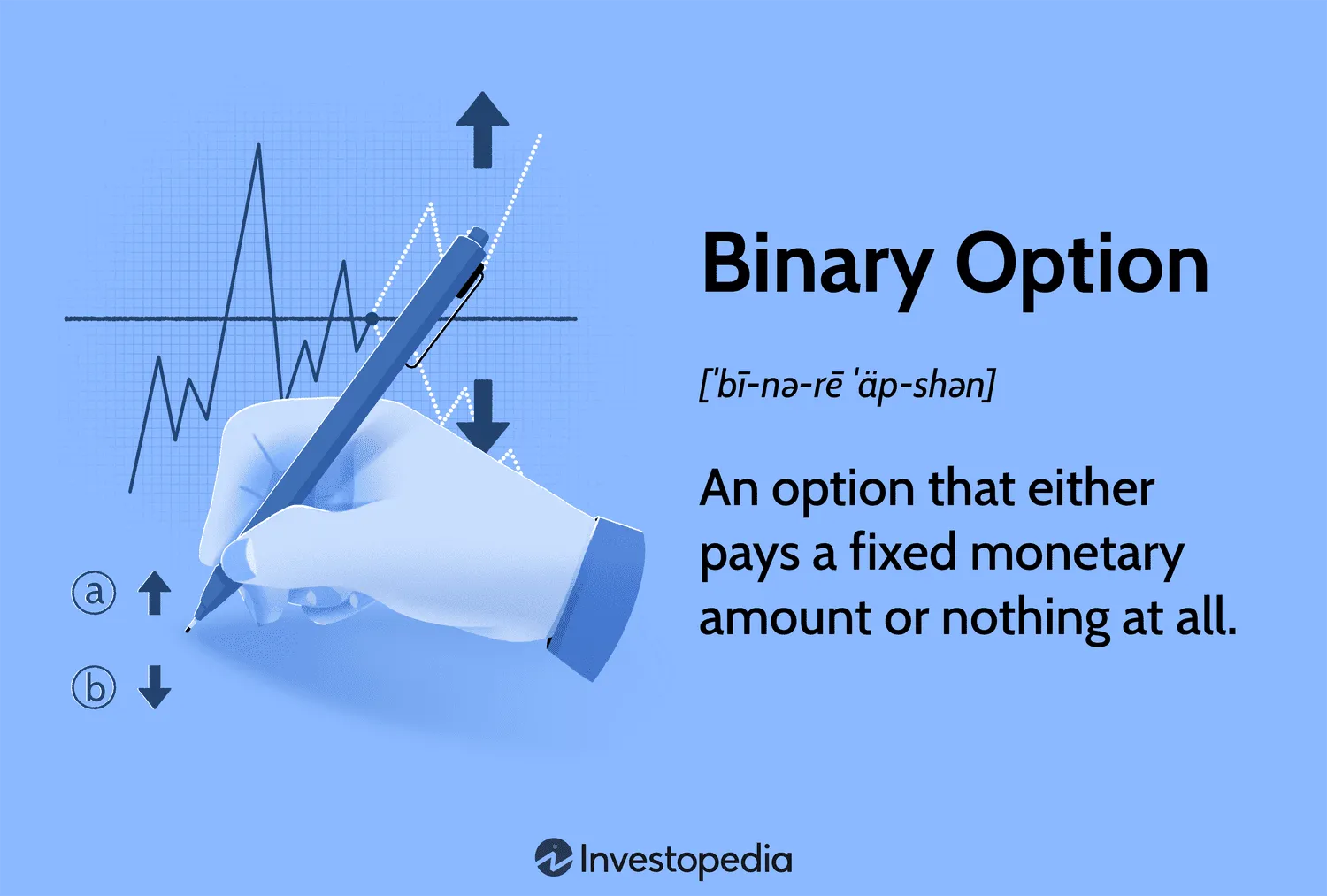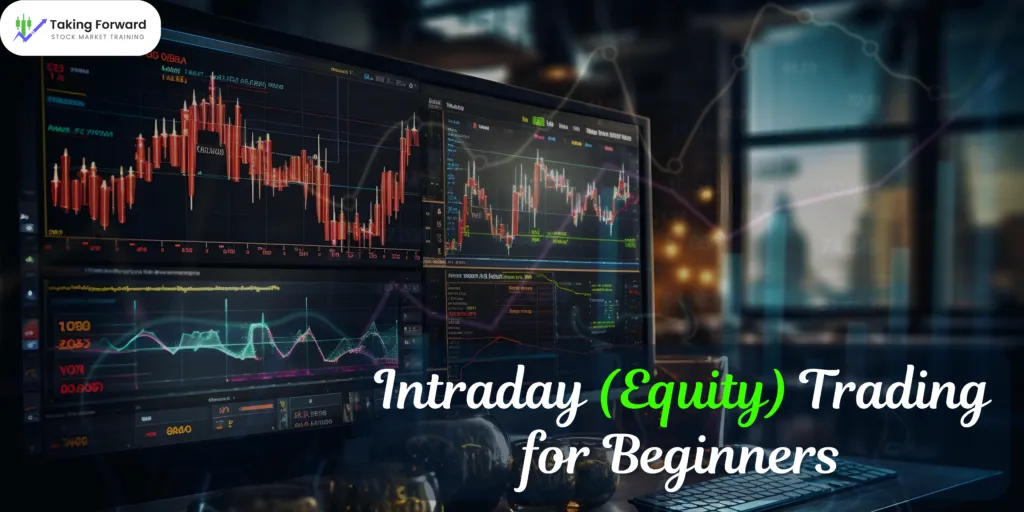Forex trading is accessible, exciting, educational and offers traders lots of opportunities – as well as a sizable amount of risk, as all trading does. Learning to trade Forex or any type of financial market can be difficult and is certainly not something that you will pick up in a day.
This article will teach you how to become a successful Forex trader and how to start trading Forex on the live markets. Additionally, it will show you the best trading practices for beginners as well as provide actionable advice for both beginners and experienced traders alike.
Forex Trader: An Introduction
Trading involves placing financial market orders. As an independent trader or for huge banks, investment funds, and hedge funds. Exchange orders, such as buying or selling stocks, are either in the trader’s name, for clients, or their financial institution or broker. Forex, shares, bonds, commodities, etc. can be further classified.
Financial institutions and broker traders trade shares for their client’s money. Instead of generating a profit or loss on their trading, they get paid. The trader takes little market risk; their customers buy or sell financial products to cover it. A trader’s clients may include individuals or companies without trading rooms.
Personal traders use their own money to make money. These accounts are funded by personal funds and traded online. Even while internet brokers offer leverage, home traders trade far less than expert traders. Since online traders trade OTC (Over the Counter), their account success is estimated.
Defining Success as a Forex Trader
How can you become a forex trader now that you know what one is? How do you become “successful”?Before trading, you should know your goals and success criteria.
Things to keep in mind when you start trading Forex:
- Set yourself a realistic and quantifiable goal. This could be something along the lines of, achieving a 20% annual return on your investment, or reaching a total of 100 pips per month.
- Your goal should also be easy to measure.
- Set a goal that can be achieved over a long time frame – it is recommended to set an annual goal to achieve rather than a monthly goal.
Once you have set your main trading goal for the year, it is now time to start learning how to achieve it.
- Identify what resources are available to you.
- How much money are you able to use as a starting deposit?
- Do you want to become a full-time Forex trader? Or are you just looking to trade on the weekends?
These are some of the questions you should be asking yourself.
Once you have a clear vision, it is time to make your action plan. This plan should include the currency pairs you are planning to trade and the number of daily trades you are going to commit to.
This can feel a bit overwhelming for new traders, so the good news is that in this article we share our top 10 tips to help you learn how to become a more efficient Forex trader.
If you are a new trader looking for a place to learn the ins and outs of Forex trading, feel free to tune into our live and free webinars by clicking the banner below:
Fx Trader: Top 10 Tips to Become a successful Forex trader
1) Manage Your Expectations
As a new Forex trader, it can be easy to become obsessed with chasing profits and this will almost definitely lead to problems. The anxiety that surrounds chasing profits can cloud your judgment and lead to mistakes which will cause losses.
Therefore, our first piece of advice in your journey to becoming a Forex trader is to dispense with any unrealistic objectives.
The prospect of becoming rich in just a few sessions of trading Forex is extremely unlikely and, believing any differently may cause you to operate with greater risk, jeopardizing your capital.
2) Define Your Trading Risk Profile
Before making any substantial commitments, get a good understanding of the fundamental aspects of the market.
Assess your capital at hand, read trader testimonials so you have realistic expectations of returns, and research the markets and currency pairs you are interested in. If you don’t feel comfortable, don’t invest your money in Forex, even if it might be profitable. This applies to any market.
However, if you think that your investment approach would be suitable for the Forex market, go ahead!
But make sure you keep in mind the following:
- Do not invest more than you can afford to lose
- Diversify your investment, it is recommended that you do not invest more than 20% of your total investment funds in any one market.
- What is your risk profile: Moderate? Aggressive? Conservative?
3) Choose a Trading Strategy
Once you have chosen to become a trader, the next step is to devise a trading strategy. There is no right or wrong way to trade per se, what matters is that you define the strategy you will use.
Sometimes you will see that a particular strategy works well for a currency pair in a given market, whilst another strategy is more suitable for the same pair in a different market.
To become a more efficient Forex trader, try to focus on creating your trading strategy in line with your risk profile. Research trading tools, and study techniques, and think about how they can be implemented in your strategy. Study how the market behaves and learn how the trading industry works.
Once you have a set strategy, don’t forget to do extensive tests by backtesting your favorite markets until you feel secure in your strategy.
If you want to test your strategies or explore new ones risk-free, without any consequences, why not register for a free demo account at Admirals? You can start working on your forex trading skills, without having to fear any consequences.
4) Control Your Emotions
Emotions can be the worst enemy for people who want to become Forex traders. To become a more successful trader, you must understand the mechanics of the Forex market, trust your analysis, and follow the rules of your trading strategy.
When trading, make sure you have a clear head and are making informed and rational decisions. Try to manage your stress levels. Of course, this is easier said than done, but it can be the difference between an experienced trader and an inexperienced one.
If you are down on capital, do not trade. The same goes for being excessively confident and excited after a winning streak – refrain from trading or make sure you are knowledgeable about your mental state. Overconfidence can lead to great losses.
5) Use Stop Losses and Take Profits
No matter your trading style or strategy, you should always set a stop loss when trading. Both a stop loss and a take profit allow you to set a pre-determined closing price for your trade. Your trade will close automatically once the price reaches this point, even if you are not present at your trading terminal.
A stop loss can give you peace of mind that, if the market moves against you, you will not lose more than the limit which you have defined. A take profit, on the other hand, ensures that you exit a trade once you reach your desired profit level.
It is important to note, that stop losses are not a guarantee. There are occasions when the market behaves erratically and presents price gaps.
If this happens, the stop loss will not be executed at the predetermined level but will be activated the next time the price reaches this level. This phenomenon is called slippage.
6) Keep Up With the Markets
Staying up to date with market news is vital! Many market movements are driven by news, central bank announcements, political events, or the expectation of any of these. This is what’s called fundamental trading.
Even if you are a technical trader, meaning someone who makes trades based on chart analysis of a market instrument, you should still pay close attention to fundamental news, since such events are a key factor in market movements.
For example, if you have a reliable trading strategy and several technical indicators that indicate a long trade, check the Forex calendar to make sure there are no upcoming events that could negatively impact your trade. Even if your technical trading strategy works perfectly, fundamental news can change everything!
7) Do Not Overtrade
Overtrading is the result of seeing opportunities to make money trading where there are not any.
Some people who want to be traders and become profitable in as short a time as possible, look for as many opportunities as possible to reach their goal and may deceive themselves into putting their money at risk.
There are two common types of overtrading:
- Trading too frequently
- Trading with too much volume
8) You Are Going to Lose Eventually
Being a more proficient forex trader does not mean that you are going to succeed in every trade. Closing every trade with a profit is simply not possible.
Even the most seasoned traders will encounter losses; a completely loss-free trading statement is virtually unattainable. The hallmark of expertise lies in maintaining overall profitability amidst the inevitable fluctuations of the market. A proficient Forex trader is characterized by a track record of achieving greater financial gains than losses over time.
9) Develop a Trading Plan
You need to have a strict trading plan that covers most of your trading activity. This will help you reduce risk from unforeseen shifts in the market.
Many beginning traders develop negative trading habits. One example is the aforementioned overtrading, in which once a trader starts getting lucky they continue to trade until they overdraw their account.
10) Choose the Right Broker
Choosing the right broker is very important. If you are worried about the financial security or reputation of your Forex broker, it can be difficult to focus your attention on your trading. If, on the other hand, you have confidence in your Forex broker, this will free up mental space for you to devote more time and attention to analysis and developing Forex strategies.
Here are some of the questions you should ask:
- Are they licensed and regulated by any government entity?
- Will your money be protected and insured?
- How will the customer service be once you open an account with them?
- Are they a good Forex broker for beginner traders?
- Do they have a good trading platform?
The Importance of Forex Education
The Forex market is constantly changing, so traders need to be able to understand the ups and downs of this market. There is no pattern, formula, or set of rules to guarantee success in the Forex market. To succeed in this market traders need to be patient and diligent.
Understanding this is the first step in Forex learning. If you are interested in beginning your Forex education, why not consider taking Admirals’ Forex 101 course, so you can learn how to trade on Forex and CFDs with online lessons from experienced traders?
Conclusion
Becoming a successful forex trader requires dedication, continuous learning, and the ability to adapt to changing market conditions. By understanding the forex market, investing in education and training, developing a solid trading strategy, practicing effective risk management, and choosing the right broker, you can increase your chances of success.
Remember to utilize the tools and resources available to you, maintain a disciplined mindset, and track and analyze your trading performance. With perseverance and a commitment to continuous improvement, you too can achieve financial independence through forex trading.





